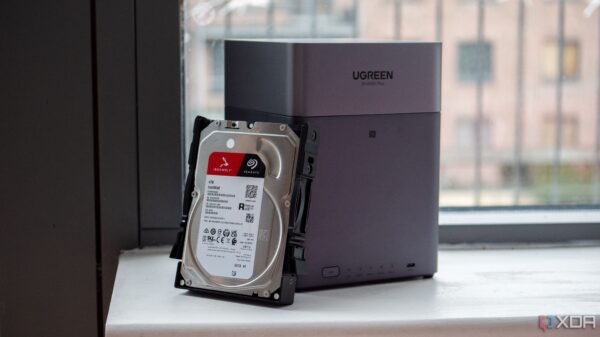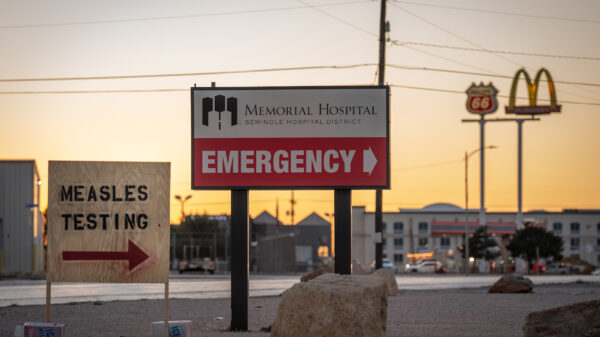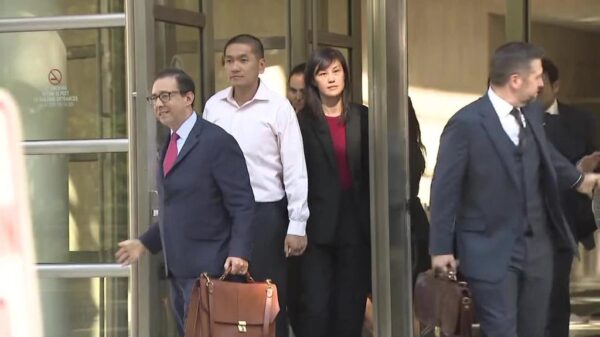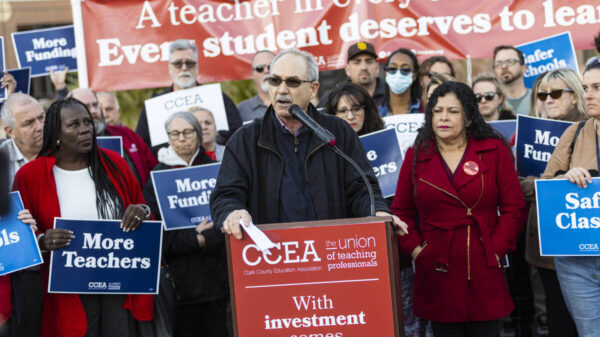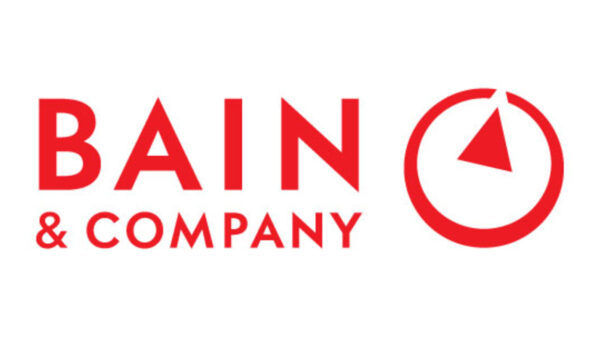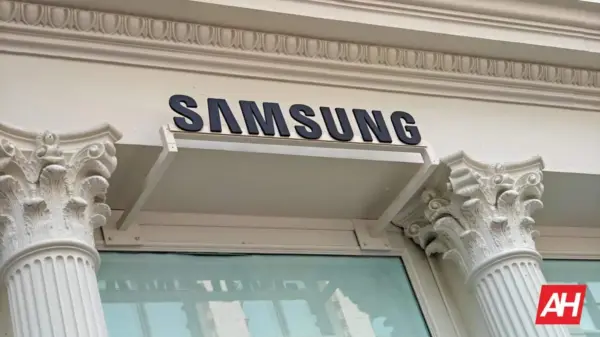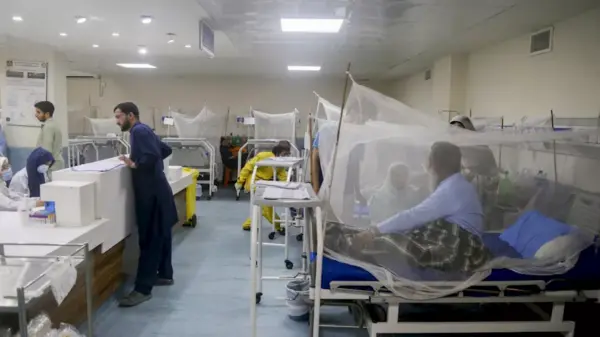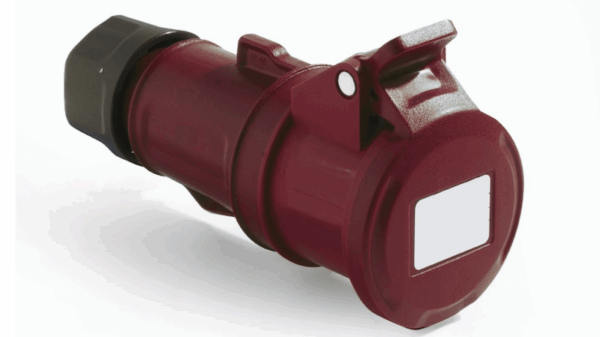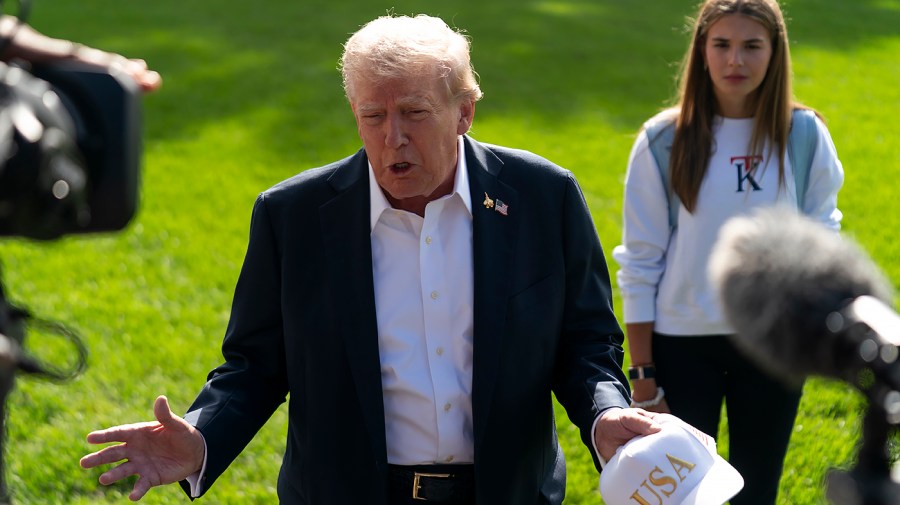The Trump administration has postponed the implementation of a proposed 100 percent tariff on pharmaceutical companies that do not establish manufacturing facilities in the United States. This decision comes as officials continue to prepare the details of the new tax, which is set to take effect on October 1, 2025. President Donald Trump announced the tariff via his Truth Social platform, stating it would apply to any branded or patented pharmaceutical product unless the company is actively working on a U.S. manufacturing plant.
This announcement provided companies with limited time to adjust to what could become a significant financial burden on their imported products. Supply chain analysts have raised questions regarding the practicality of enforcing such tariffs, particularly in light of the ongoing federal government shutdown, which could hinder necessary enforcement capabilities.
In a press briefing on Monday, Commerce Secretary Howard Lutnick indicated that the administration would allow time for ongoing negotiations with pharmaceutical companies. “While we’re negotiating with these companies, we’re going to let them play out and finish these negotiations,” he said. “They are the most important thing to the American people. So we are standing by helping and working with them.”
Officials confirmed that the proposed tariffs would be enforced under Section 232 of the Trade Expansion Act of 1962, which grants the president authority to impose restrictions on imports that may pose a threat to national security. Earlier this year, the Commerce Department initiated an investigation into the national security implications of importing pharmaceuticals and related ingredients, a move that experts believe bolsters the rationale for the tariffs.
In a related development, Pfizer CEO Albert Bourla announced that his company would comply with Trump’s “Most Favored Nation” executive order. Bourla stated he had received a three-year grace period from the Section 232 tariffs. However, the White House clarified that while immediate enforcement may be delayed, the tariffs are still on the table.
A White House official stated, “As Secretary Lutnick made clear in the Oval Office today, starting October 1, the Trump administration will begin preparing tariffs on pharmaceutical companies that do not begin on-shoring their manufacturing or participate in the President’s Most Favored Nations push to reduce drug prices.” The official emphasized that the administration remains committed to lowering drug prices for Americans and will not hesitate to utilize tariffs to achieve this goal.
With the future of these tariffs uncertain, both pharmaceutical companies and consumers will be closely watching how the situation unfolds in the coming months. The implications of these tariffs could reshape the pharmaceutical landscape as companies reassess their manufacturing strategies in response to U.S. policy changes.






